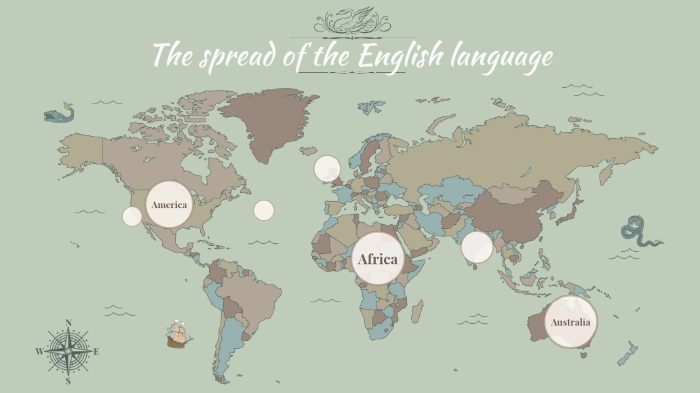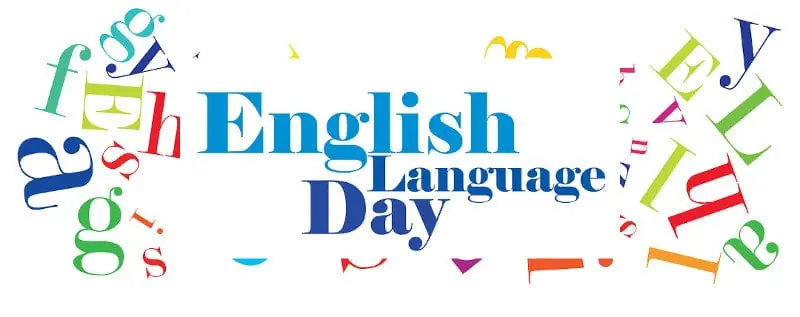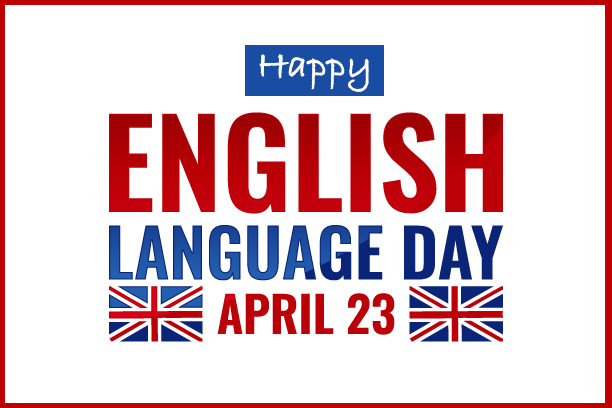By Maria Papagiannopoulou,
English Day was celebrated for the first time in 2010, alongside Arabic Day, Chinese Day, French Day, Russian Day, and Spanish Day. These are the six official languages of the United Nations, and each has a special day to raise awareness of the history, culture, and achievements of these languages.
This date was chosen because it is believed to be Shakespeare’s birthday and the anniversary of his death. Shakespeare was not only the most famous playwright in English but also had a great influence on modern English. At the time he wrote, English had undergone many changes from the 16th century to the 17th century, and Shakespeare’s creativity with language provided hundreds of new words and phrases that are still in use today. I mean The history of English began in the 5th century when Germanic tribes invaded Celtic-speaking Britain and brought their language with them.
Then the Scandinavian Vikings invaded and settled in their language. In 1066, William I of what is now France became king and Norman French became the language of court and official affairs. At first, people could not understand each other as the lower classes continued to use English and the upper classes spoke French, but gradually French came to influence English. It is estimated that of all English words, 45% are of French origin. By Shakespeare’s time, modern English had evolved, the type was invented, and people had to agree on the “correct” spelling and vocabulary.

The spread of English around the world has an ugly history, but a rich and vibrant present. During the European colonial period, several European nations, including Great Britain, competed to expand their empires. They stole land, jobs, and resources from people in Africa, Asia, America, and Oceania. By the time the former British colony began to gain independence in the mid-twentieth century, English had become entrenched in the institution. Many talented writers from various countries in Africa, the Caribbean, and Asia began writing in English and telling stories of oppression. People all over the world have used English to speak and write about justice, equality, freedom, and identity from their own perspectives. The different varieties of English that have emerged throughout this migration and colonial history are known as World English.
Over 1.75 billion people speak English worldwide. This equates to her 1 in about 4 people in the world. English, as a ‘lingua franca’, is increasingly used to communicate between two speakers with different native tongues. For many people, the need to communicate is far more important than the need to speak like a native speaker. As a result, language usage is beginning to change. For example, speakers may not use “a” or “the” before nouns or may pluralize a myriad of nouns to say “information,” “furniture,” or “collaboration.”
The rise of modern English occurred in the early 16th century when the language’s pronunciation changed significantly. This shift was known as the “great vowel shift” and resulted in shorter and shorter English vowels. The printing of texts and books began during this period, and modern English was standardized as a British staple. In 1604 the first English dictionary was published.
The main difference between today’s English and his 16th-century modern English is vocabulary. Two factors contribute to this:
The Industrial Revolution and the British Empire in the world. The Industrial Revolution created the need to use more words. On the other hand, this was also the colonial heyday of the British Empire, which covered a quarter of the world’s territory and was forced to incorporate foreign languages into its vocabulary.

In 2010, the Public Affairs Division of the United Nations Educational, Scientific and Cultural Organization (UNESCO) took the initiative to establish Language Days for all six of the organization’s official languages to celebrate multilingualism. English is the most widely used language for communication in today’s world, especially in international relations. With over 980 million speakers worldwide, English is the most spoken language in the world.
English Day aims to entertain and educate people about the history, culture, and achievements of the English language. The day often has reading events, English quizzes, poetry and literature exchanges, and other activities that promote the English language.
References
- English Language Day. britishcouncil.org. Available here
- International English Language Day. nationaltoday.com. Available here




